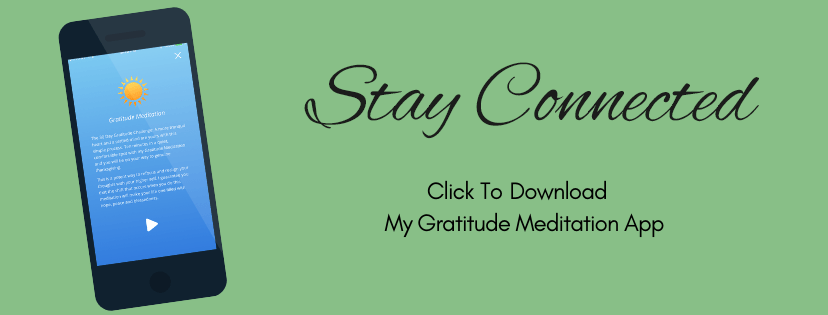We all know the saying, silence is golden, a belief expressed throughout history. It’s also the title of a 1964 mega-hit recording by Frankie Valli. However, for today’s world, I think the phrase needs an upgrade to platinum.
Over the last few decades, in the US, and across the world, noise pollution, or environmental noise or sound pollution has skyrocketed in some cities. Each year millions of people lose some or most of their hearing due to noise damage. What has more than tripled is social noise exposure—ringing and pinging phones and unending computer notifications of all kinds.
Some days, I have to escape the noise of airplanes and leaf blowers and retreat into the only internal closet in my one-hundred-year-old house. There, I find blessed silence. It’s just big enough for me to stretch out my 5’2” frame or sit comfortably on the floor with my back against the wall, legs outstretched.
As I have gotten older, and the world much noisier, I need these mini “silence” retreats to keep me happy until we go on what I call a “rural vacation.” I find time spent in my closet—the longer the better it turns out—actually rejuvenates not just my spirit and my nerves, but my brain, as well.
Sitting in my quiet closet, as I call it, got me thinking about noise and our aging brain.
As I have gotten older, I have become aware of how noise drains my energy. Decades of research now firmly links noise with disrupting quality sleep and promoting sleep loss, increasing heart disease and diabetes. Excessive noise elevates our blood pressure, can cause tinnitus, and raises and sustains higher cortisol levels in our bloodstream. Cortisol—being the hormone which wreaks havoc and permanent damage on our body and especially our brain—increases aging and decline in both our body and our brain.
Worse yet, pioneer researcher, regenerative biologist Dr. Imke Kirste at Duke University, found a strong association between constant noise and dementia and depression.
Exposure to unrelenting noise, or not taking silence breaks, decreases the formation of new neurons in our hippocampus—the part of the brain responsible for learning new things, retaining that learning and, our precious memory. It is that decrease in the development of new connections that moves the needle toward memory and cognitive issues.
As long ago as the 1850’s, Florence Nightingale, founder of modern nursing, recognized the effect of noise on patients’ healing time and mental state. She called it a “cruel absence of care” and insisted on quiet as an essential part of the healing process.
To be clear, being in silence doesn’t mean our brain isn’t active. It’s never inactive, unless we are in deep, deep meditation or we have expired. However, experiencing no external noise reaps huge benefits. Dr. Joseph Moran at the U.S. Army Research Laboratory, Natick Soldier Research and Development Center, found when we take time to be quiet and stop engaging in goal-directed activities, our brain downshifts and allows our “conscious workspace” to bring together our outer and inner worlds.
This can only occur when we dwell in silence for a period of time. Without this integration and assimilation, we experience heightened stress and cognitive disfunction, which, closing the circle from above, drives us toward depression and dementia as ways for the brain to cope.
So what can we do to preserve our hearing and our sanity?
Spending time in my quiet closet is one of the best antidotes. Dr. Kirste and other researchers find spending two hours in silence, a heavy lift for many of us, I know, is ideal for allowing our brain to rest and new cells to grow.
Fact: silence slows down aging. Think of a leisurely afternoon walk in the woods, on the beach, or somewhere in nature, free from listening to music or talking; this ranks as the perfect prescription. The more days we completely unplug and go quiet for a while, the better.
While this sounds daunting, research by Dr. Luciano Bernardi found even small reprises from noise pollution gives the brain a chance to rest. Two hours in my closet doesn’t really work for me right now, but I do find thirty minutes is enough time to give me renewed energy and focus.
Here are some additional ideas for increasing your quotient of quiet:
- Get up an hour earlier than the rest of the household. Sit quietly and enjoy the silence.
- Turn off the sound on your phone notifications. (This can be hard at first, but the benefits are HUGE).
- Begin or renew a meditation or quiet prayer practice. Meditation slows aging, research shows.
- A few days a week, do your daily chores without additional background noise—no listening to podcasts or music or TV programs.
After as little as a week of increasing your quiet time, notice how you feel. See if you are sleeping better, have more patience and smile more. I’d bet my closet space, you will!
How and where do you find time for quiet?
Simon & Garfunkel – The Sound of Silence https://youtu.be/NAEppFUWLfc
